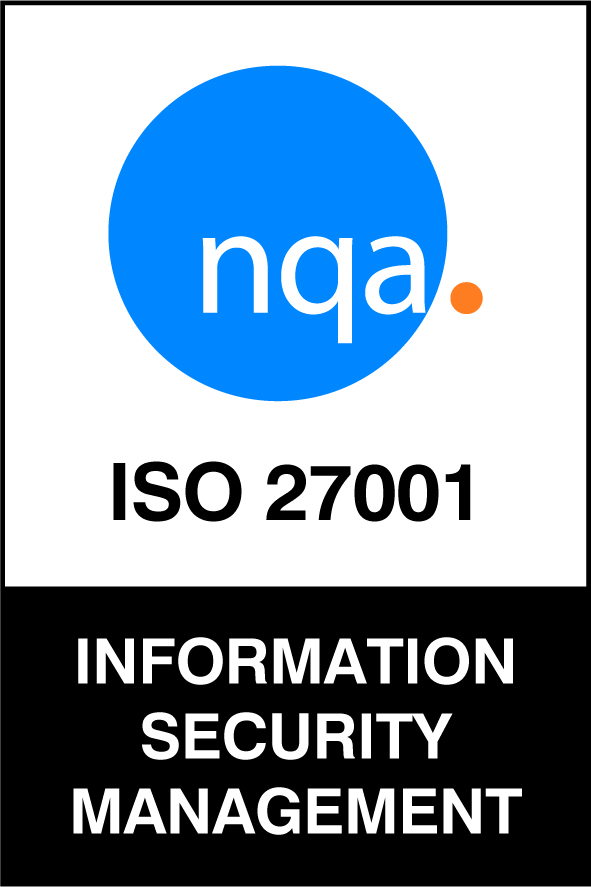The rise of product ops
Digital products and product teams continue to grow more complex, so to keep their competitive edge, companies need to make sure their product development and management is optimised.
Which is perhaps why we’re seeing the role of product operations, as individuals or teams, having a growing rise to prominence in recent years. According to Product Plan, 32% of all companies now have a product ops role or team on board.
But what is the purpose of product ops, and is it something you should be implementing in your business, and how can you implement it?
What do product ops do?
Focused on maximising the efficiency and impact of product teams in businesses, the role of product ops is designed to enhance the operational aspects that enable product teams to function at their best.
With their skills in spotting gaps in products and supporting improvements, product ops are well positioned to streamline processes and give companies a competitive edge.
What’s the difference in product ops and product management?
Product ops support, rather than replace, product management. Think of them like a wingman for product managers and product owners.
While product management drives product strategy and decision-making, product ops helps this process with data and insights.
As Antonia Landi explained in the Mind the product podcast - “Most of the work [of product ops] so far has been done by product leadership, but I also feel there is a huge risk in not giving these people enough space to actually follow up on the strategic work that is incredibly important to the whole product organisation.”
In essence, product ops take care of basically everything, but managing and developing the product itself, taking the pressure off the people who are managing and developing the product.
Product plan list the key responsibilities of product ops as:
- Strengthening product feedback
- Improving customer experience
- Owning and maintaining the product dev tech stack
- Owning and maintaining the product stack
- Analysing data for the product team
- Supporting product to run more tests
- Streamlining routine tasks
- Standardising communication
- Optimising onboarding
And product ops really come into their own post-product launch. After launch, product ops test market fit, run experiments to refine the product experience, and closely monitor performance. This makes sure the product continues delighting users and driving loyalty through ongoing developments.

Why would you need to hire a product ops role or team?
Hiring product ops shows a commitment that product decisions will be backed by evidence and that customer outcomes matter more than opinions or hunches.
It also holds a key role in supporting product-led growth, something we’re seeing become a growing strategy in helping companies stand out in the crowded marketplace.
Airfocus describes product-led growth as “a strategy that involves putting the driving focus of a business solely on the product itself.”
But, product teams in the trenches of designing and making a product can quickly become overwhelmed in a product-led growth environment. This is where product ops can provide support to keep product development running smoothly.
With product ops in place, product managers and engineers are freed up to fully focus on the product. Product teams have the bandwidth to drive product innovation and enhancements that support product-led growth.
And with product ops’ focus after launch, they help make sure customer value keeps increasing over time through refinement and optimisation. This improvement drives sustained product-led growth and business success.
When is it time to hire product ops?
Once a couple or more friction points exist, it's a fairly good indicator that a dedicated product ops hire could be beneficial.
Asking yourself the following questions is a good place to start to establish whether product ops your next investment in your team:
- Can my product managers cope with their workload?
- Do we have a number of product teams working at the same time?
- Are we looking to scale, and are we struggling to do this?
- Would a product ops role help with my teams’ pain points?
- Are you running over on project timelines?
- Are you getting the feedback and analysis you need from customer insights?
If you’ve answered yes to most, or all, of these questions, it’s time to introduce product ops!
How can you set up product ops in your company?
It can be tricky to implement a new business function. So how can you get a product ops role or team started?
Going out to the business and finding out more about how the product ops role could fit, is a great place to begin.
Research all departments to understand needs and pain points. Ask questions to uncover inefficiencies between teams. Facilitate communication and collaboration across functions. Listen, build relationships, and respect sensitivities. Ensure everyone in the organisation understands its purpose.
Everyone in the business should know what roles and responsibilities product ops will be doing.
It’s also important to have a baseline performance to compare against. Having a thorough overview of the current or pre-product ops business state of affairs means you can use it as a marker of success when product ops is implemented.
Hiring for product ops
Once you’ve established it’s time to hire a product ops role and you’ve got the all-important company buy-in, how do you go about it?
When putting together a job description, it doesn’t need to stray too far from what you’d expect from a product manager role. In fact, people who have been, or are product managers often make the best fit for a product ops role.
The ideal product ops candidate has strong analytical and problem-solving skills. The key is conveying that this role turns data into insights that improve products, efficiency, and decision making. The responsibilities and required skills should line up with that focus.
And when listing the skills and interviewing, it’s really important that you, as a hiring manager, know what you want from the role.
Antonia Landi says that you should know “very concretely, what [problems] you see product ops as a function solving. And typically, the answers to that will then give you a good insight into the sort of responsibilities that you want doing.”
What next?
The role of product ops doesn’t seem to be going anywhere fast. For a lot of businesses, it’s becoming an important function.
But finding and building your product ops function can be a daunting and tricky task, particularly if you’re new to the idea of product ops.
If you’re looking to hire into a product ops role, or need more support in building the product ops function into your business, reach out to us here at IRIS. We’d love to support you!


built by: huzzah!

